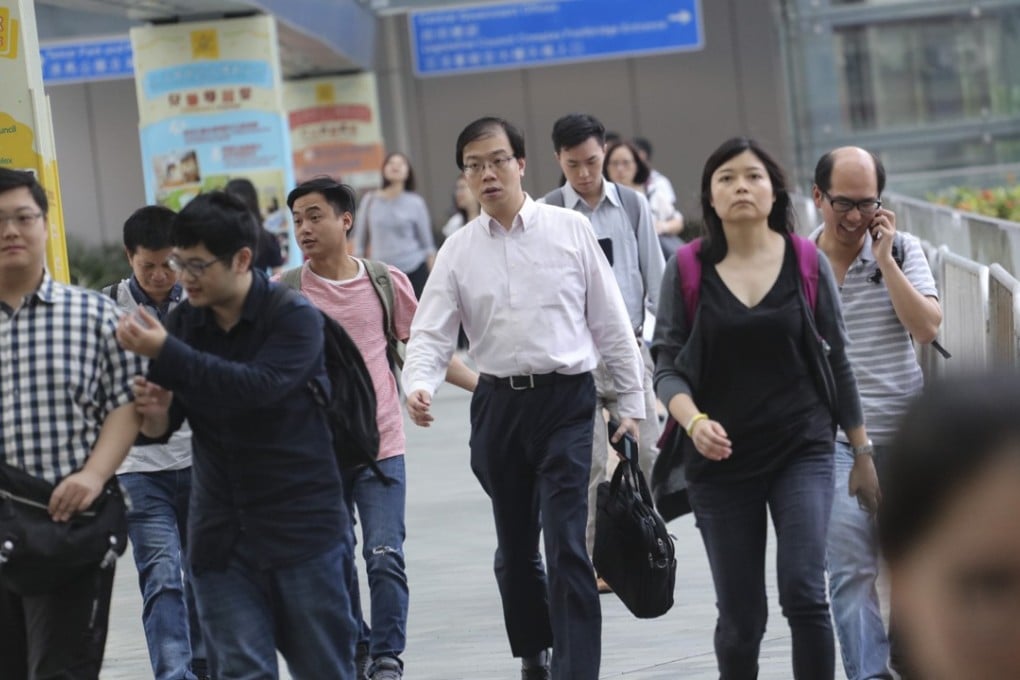Civil service must be lean and responsive
Chief Executive Carrie Lam Cheng Yuet-ngor has rightly made good governance one of her top priorities. But as she revamps government agencies, an increase of civil service staff numbers has been called into question

The Hong Kong civil service is arguably the finest in the region. While policy blunders and misspending are not uncommon, as unearthed by the Ombudsman and Audit Commission from time to time, the administration is, by and large, clean and efficient. That said, there is always room for improvement. With a new government just sworn into office, public expectation is even higher.
Well aware of people’s growing demands for more and better services, Chief Executive Carrie Lam Cheng Yuet-ngor has rightly made good governance one of her top priorities. This includes revamping government agencies, expanding staff headcounts and establishing a civil service college in the long run.
With more than 200 new initiatives in her first policy address, the veteran public servant may think there is a case to increase manpower. But the target of no less than a 3 per cent rise in the establishment in the coming year – the highest year-on-year increase since the handover – has been called into question. Although the civil service chief stressed that the expansion would be on a need basis, whether this will be the case remains to be seen.
Over the past decade, the civil service strength has crept from 161,000 to 176,000. The size is still relatively leaner than the peak of 198,000 in 2000. But with a ratio of one civil servant to 41 people, it is still a bloated bureaucracy. Lam may be right in saying that demands on new services have made workload heavier across the government. The expansion can also boost staff morale and consolidate their support. But it differs from the private sector norm of doing more with less. Not only does the expansion go against the principle of a lean government, it reinforces the perception that our civil service can only do more with extra manpower and resources.
Equally controversial is the proposal to set up a leading civil service college in the region. Critics feared that it would become the de facto Communist Party school, referring to its mission to deepen civil servants’ understanding of China’s development and the relationship with the central authorities. But given China’s increasing influence in the world and the growing interaction between the mainland and the city, the need for civil servants to keep abreast of the changing trend is evident. Since the reunification, a considerable number of civil servants have joined study programmes on the mainland. Fears of officials being brainwashed do not seem justified.
